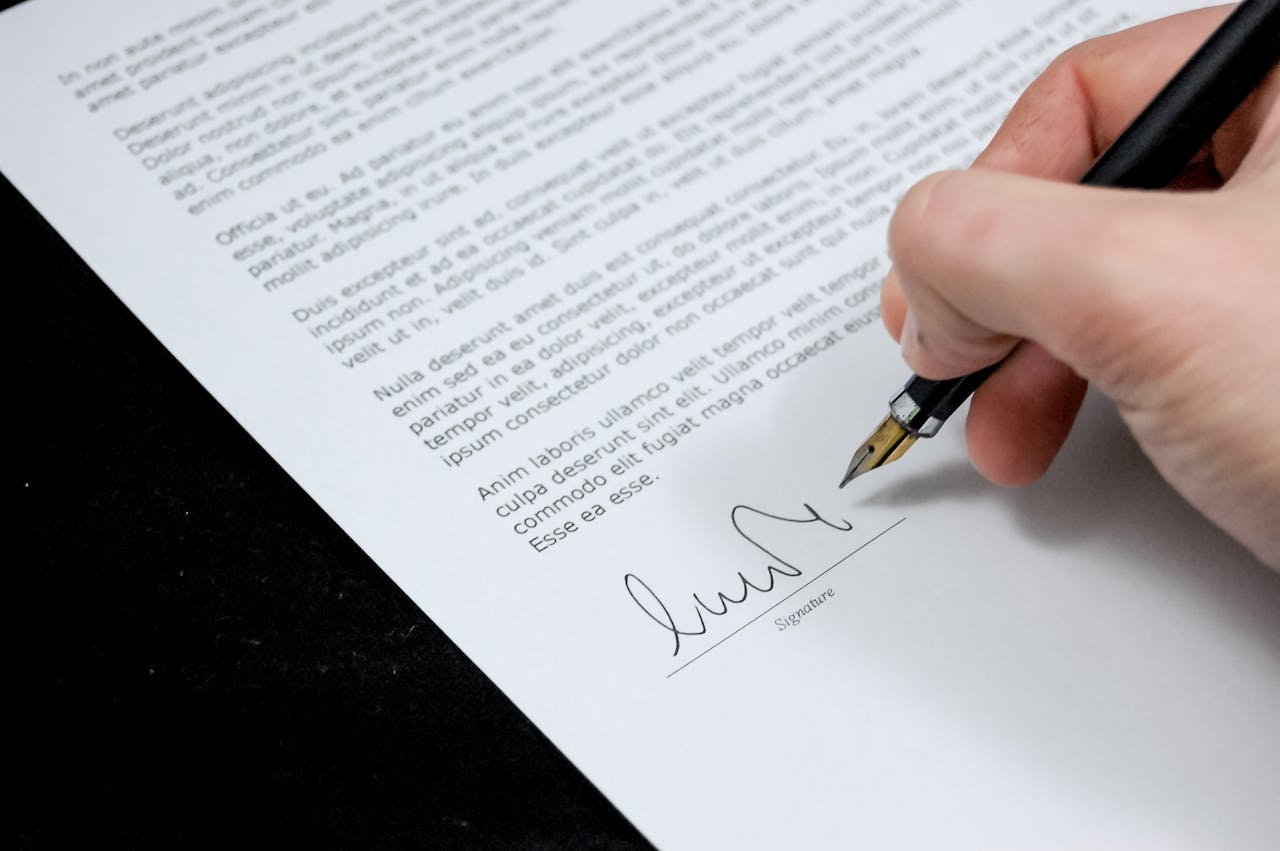With an estimated 6,000 vehicle crashes annually, there’s a chance you’ll be involved in a car accident at some point in Seattle, WA. Don’t start panicking or searching for ways you can avoid accidents when hitting the roads—you don’t need to become a hermit to avoid being involved in a car accident.
Practicing safe driving habits like obeying all traffic laws can go a long way towards keeping you safe. However, if you’re involved in a vehicle crash, do you know what to do? The steps you take after an accident can help protect your rights and ensure you can receive compensation for your damages.
What You Should and Shouldn’t Do After a Vehicle Crash
Unfortunately, you’re not a statistic. You’re involved in a vehicle collision and you’re not the at-fault driver, which is good news for your accident claim since Washington is an at-fault insurance state. This means you turn to the driver responsible for the accident insurance company for compensation.
If you’re responsible for the accident, usually your insurance covers the damages. This includes your damages, along with those sustained by other motorists involved in the accident.
So, you’re not the at-fault driver and are planning on filing a claim to help recover your losses. This typically includes any expenses relating to your injuries, along with property damage. You can also list other damages like lost wages and mental anguish.
Your attorney can help you compile a list for your claim. Before you get to the step where you start listing your damages, there are a few things you should do.
Visit a Healthcare Provider
Not all car crashes require a ride to the hospital in an ambulance. Sometimes injuries are minor or you may feel like you’re fine. Even if you don’t think you sustained any injuries, you still want to make an appointment with your healthcare provider.
Some injuries, like soft tissue ones, can take days or even weeks before they start showing noticeable signs and symptoms. The last thing you want to do is file an accident claim only to discover you’re going to incur medical expenses.
You’ll need your medical records to prove your injury claim. Without medical files, you can’t provide the insurance company with the necessary proof.
What you don’t want to do is announce at the accident scene that you’re injury-free. Go ahead and decline the ambulance ride but let everyone know your caregiver will examine you. If you tell everyone you’re fine and then try to submit an injury claim, the insurance company can try to use your initial statements against you.
Take Pictures if Possible
No, you’re not taking scenic pictures—these images aren’t going into a keepsake album. Instead, you want to try and document the accident scene. The more evidence you have to support your case the harder it is for the insurance company to dispute your claim.
Take pictures of your injuries and property damage, and try to get a few pictures of where the involved vehicles ended up. Sometimes, being able to show where the vehicles ended up after the crash can help support your version of events.
Don’t worry about taking photos of the other drivers or getting close-ups of their vehicle damage. Try to keep a safe distance. Emotions tend to run high after an accident and you don’t want to end up in an altercation with an upset driver. Let the authorities take care of this part of the evidentiary process.
Get Repair or Replacement Estimates
Chances are you have some property damage after an auto accident, and even a minor fender bender can throw off your vehicle’s suspension or alignment.
Take your vehicle to a couple of repair shops, as insurance companies like having options when it’s time to pay out an accident claim. Don’t be surprised if the insurance adjuster goes with the lowest repair estimate—this is normal and a reason why you’re collecting more than one estimate.
If your vehicle is beyond repair, head to the Kelley Blue Book website, as this is the resource most insurance companies use when they’re determining vehicle value. Also, don’t be surprised if you learn your vehicle is worth less than you thought.
Automobiles start depreciating the second it’s driven off the lot. However, knowing the value of your vehicle can help speed up the claim process. There’s one less thing for you to get stuck negotiating over with the insurance adjuster.
Get a Copy of Your Accident Report
Your personal injury claim isn’t going to go very far if you can’t prove the accident occurred. This is when your police accident report comes in handy.
Your accident report contains a lot of vital information like the contact information for the other involved driver. If any witnesses were present, their information is also included in the accident report.
Your attorney is probably going to want to interview any witnesses. Their testimony can help support your claim. The defendant’s insurance company is also going to talk to any witness, so be careful what you say.
Anything you say to the witnesses can be used against you by the defendant’s insurance company. Your statements may not invalidate your claim but they can decrease its value.
Pay Attention to Filing Deadlines
As long as you’re only filing a claim, there’s only one deadline to pay attention to. You want to file your claim before the statute of limitations runs out.
In Washington, you have three years to file a personal injury claim. The clock starts ticking on the date of the accident. Once you file a claim, you can stop worrying about the statute.
If your claim has progressed to a lawsuit, there will be additional deadlines. These deadlines are set by the court and it’s your responsibility to meet each one of them.
Consult With an Experienced Accident Attorney
If you’re filing a personal injury claim, consulting with an experienced accident attorney is crucial. Your attorney can help you navigate the legal process, including negotiating with the insurance company.
If any issues arise, your attorney can handle them, allowing you to focus on what you’re supposed to be doing—recovering from the accident. With professional legal support, you can be confident that your case is in capable hands, ensuring you receive the compensation you deserve.







